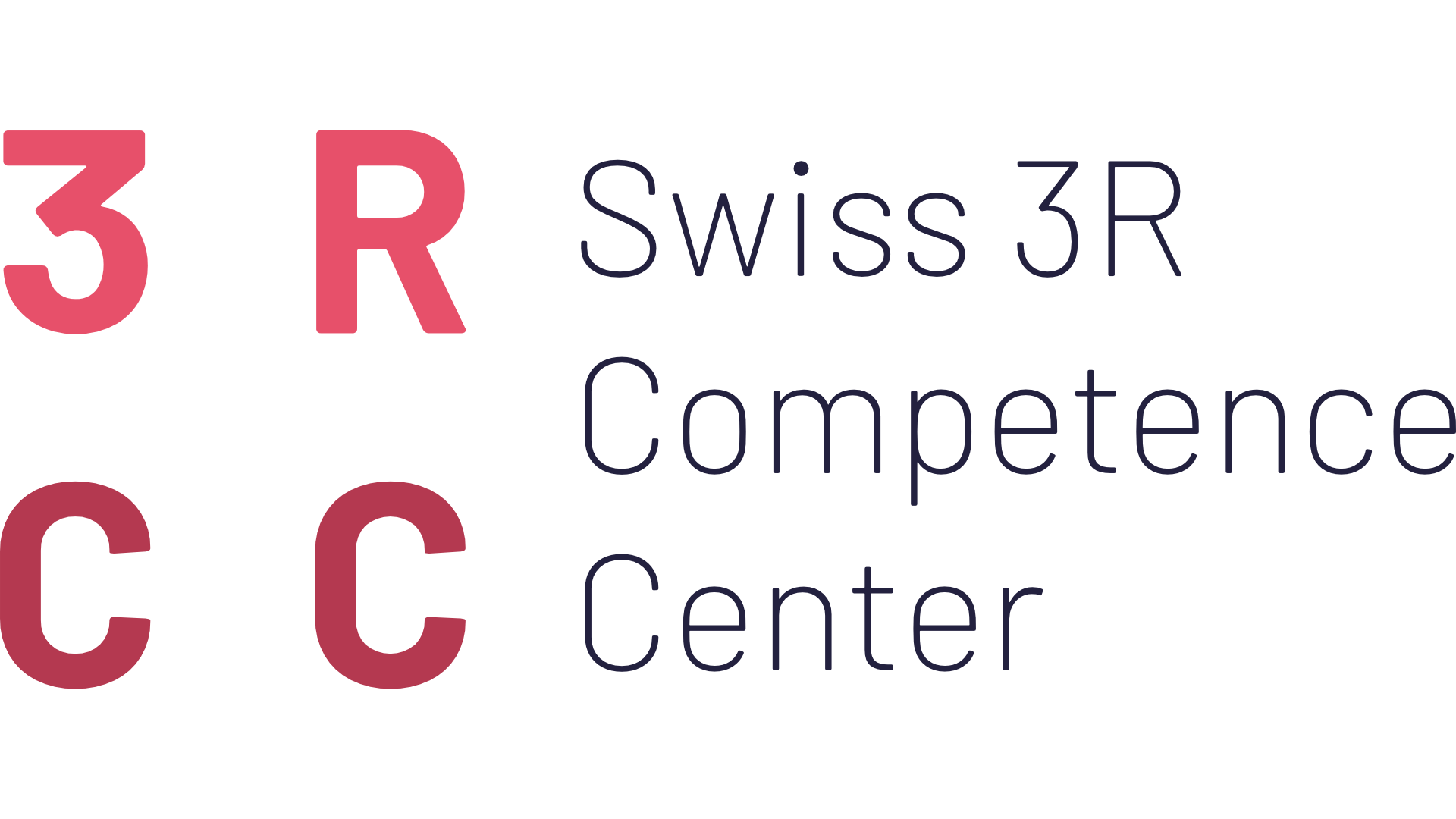WHY IS IT IMPORTANT FOR YOUNG PEOPLE TO UNDERSTAND THE 3Rs?
Young people are the next generation of scientists, decision-makers and (hopefully) informed citizens. Helping them understand the 3Rs (Replacement, Reduction and Refinement) of animal use in research empowers them to think critically about science, ethics and innovation.
By introducing the 3Rs early, we encourage a culture of responsibility and compassion in research. It shows that science isn’t just about discovery, but also about how we get there. The 3Rs promote creativity in that they ask researchers if they can find better ways to conduct experiments, improving the welfare of animals where they’re still needed and developing human-relevant alternatives like organoids and computer models.
Understanding the 3Rs also gives young people a voice in how science is done. As awareness grows, so too does demand for more ethical, transparent research. Whether they become researchers, policy makers, or engaged members of society, young people who understand the 3Rs are better equipped to shape a more humane and forward-thinking scientific future.
HOW DO WE ENGAGE YOUNG PEOPLE?
In partnership with the Swiss 3RCC and Dr. David Pamies (University of Lausanne), Frontiers, a Swiss-based open-access scientific publisher, launched a special edition of Frontiers for Young Minds focused on the 3Rs. This unique journal invites young people to act as reviewers, helping make science more accessible to non-expert audiences.
For this edition, three leading researchers contributed articles introducing key ideas in the 3Rs:
- Prof. Thomas Hartung (CAAT, Johns Hopkins) – Replacing Animal Testing: How and When?
- Dr. Jordi Lopez-Poveda (King’s College London) – Reducing the Number of Research Animals: How Imaging Technologies Can Help
- Dr. Paulin Jirkof (University of Zurich) – Refining Research to Improve the Lives of Laboratory Mice
Each article was reviewed by a classroom of 12-year-olds from the International School of Lausanne (ISL), guided through the process with a tailored program. To prepare the ISL teachers, an online training session was held in collaboration with the European Commission and European SchoolNet on March 9th.
Following this, students visited the University of Lausanne, where they met the scientists, attended talks and took part in a hands-on workshop to equip them for their role as peer reviewers.
The final articles, written by experts and shaped by young minds, will be shared as part of a broader awareness campaign and officially launched at the 3Rs Day conference in Bern on October 7th.
Here is the story of the day, you can see the wonderful energy brought to the event by both the students and the researchers.
